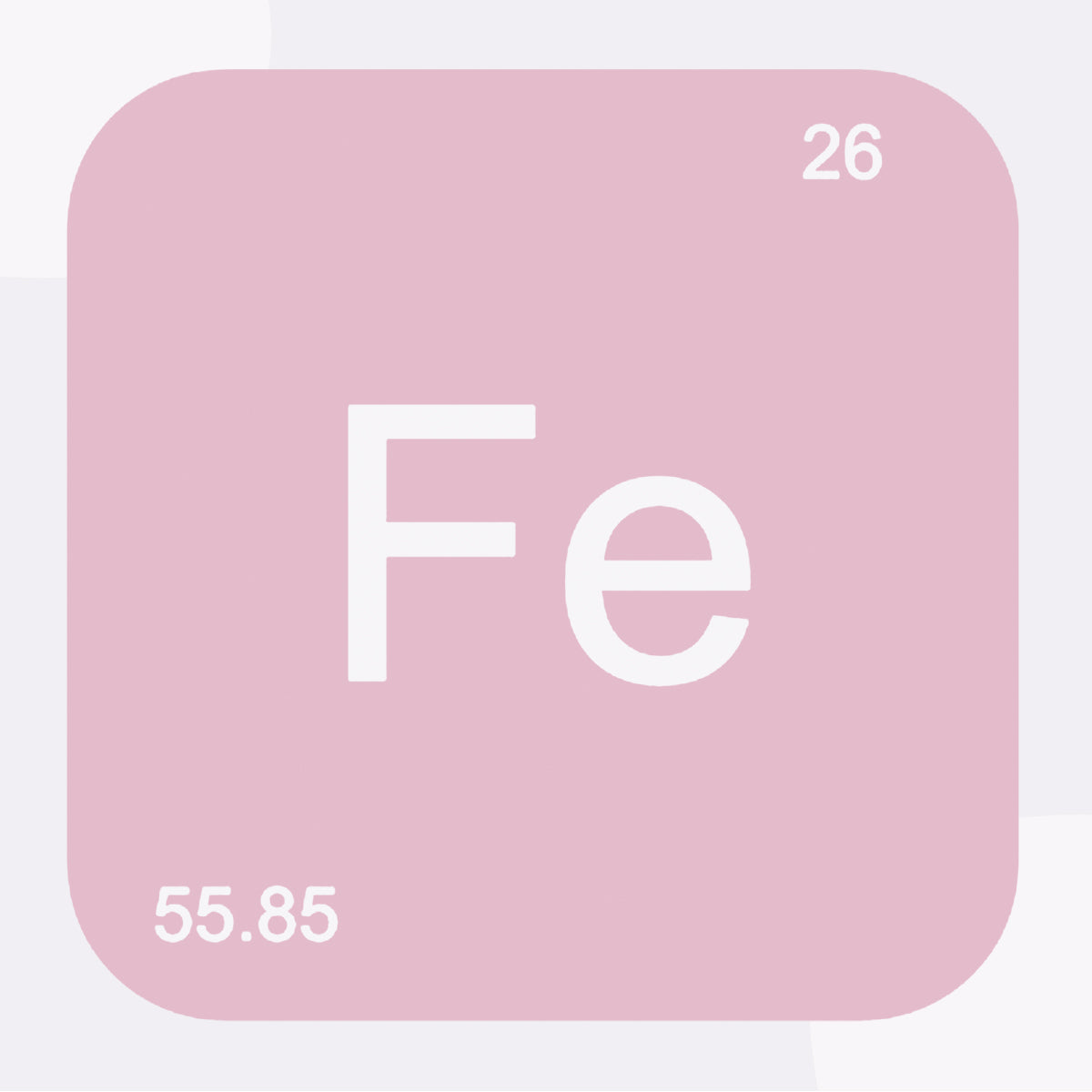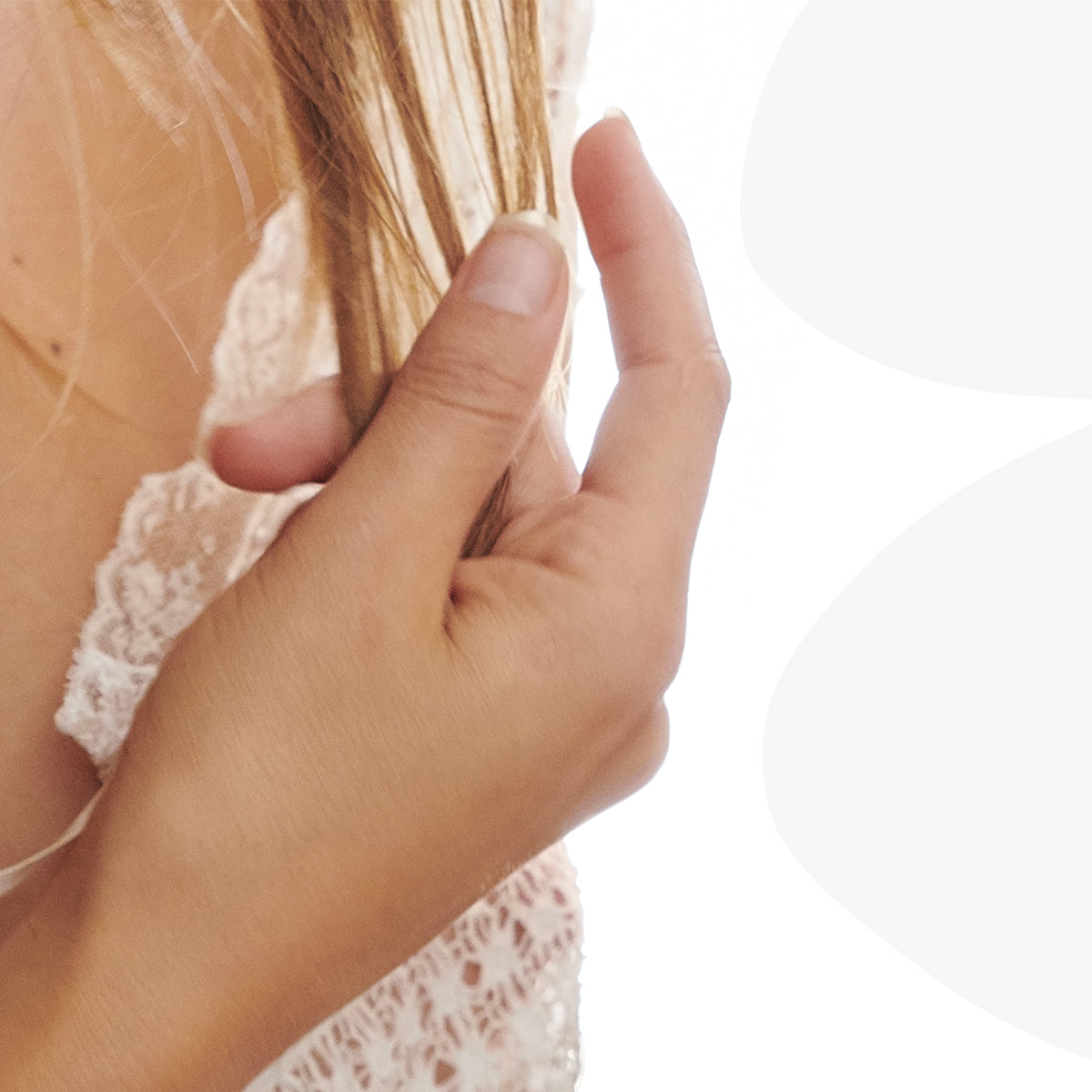IRON DEFICIENCY AND HAIR LOSS

Iron deficiency, also known as anemia, is very common in women during their childbearing years. This is regardless on whether you’re a meat eater or vegetarian. Because it is not only what we eat that matters but what we are able to absorb.
According to the NIH, about 1 in 5 women of childbearing age and about 50% of all pregnant women develop iron deficiency anemia. Women with heavy moon cycles are also at risk of developing iron deficiency. In fact in my nutrition practice under live blood analysis I rarely came across anyone whose ferritin levels where adequate.
The symptoms of iron deficiency include fatigue, shortness of breath, nail brittleness, and particularly hair loss. If you have any of the symptoms listed here you might be anemic and you can have a functional doctor test you for ferritin levels.
Why does iron deficiency cause hair loss?
Iron deficiency means that the body lacks enough iron to produce hemoglobin in the blood. Hemoglobin is what carries oxygen throughout the body. Without sufficient hemoglobin not enough oxygen gets carried to the cells that make up your hair follicles. Because hair doesn’t constitute an essential body organ for our survival, this is one of the first areas to get affected when iron or other nutrient deficiencies occur.
Hair Loss Tips
What can you do if you discover you are iron deficient?
First of all know this: Most hair loss related to iron deficiency is not permanent! The best way to treat hair loss is to address the root cause of the problem. If you think your hair loss is related to low ferritin levels changes in lifestyle and eating habits are the way to go.
FOCUS ON FOODS RICH IN IRON: The most iron-rich foods are red meats but it doesn’t necessarily mean you are absorbing the iron efficiently, so be sure you take enzymes and ‘chlorogenic acid’ to break down these proteins efficiently. Vegetarian sources of iron can be found in all dark leafy greens. Things like kale and spinach. Beans, lentils and tofu also contain rich sources of iron.
ADD FOODS RICH IN VITAMIN C: Combining Vitamin C with iron will help your body absorb iron better. Good sources of vitamin C are red peppers, broccoli, strawberries, spinach and citrus fruits. The botanicals in our Hair Elixirs also contain excellent sources of Vitamin C and will directly absorb into the scalp to promote healthy hair growth.
AVOID COFFEE & BLACK TEA CLOSE TO MEALS: Coffee and tea have a high content of polyphenols which have been shown to inhibit the absorption of non-heme iron. If you have low ferritin levels best to avoid drinking these beverages with your iron-rich meals. Have your coffee or tea in-between meals instead.
WEAR IT DOWN: Wearing your hair down for the time being will avoid breakage and further hair loss.
LIFESTYLE CHANGES: Smoking and certain medications can cause hair loss and affect our iron update so these are important factors to keep in check.
NOTE ON CALCIUM: Calcium is known to inhibit absorption of both non-heme (vegetarian protein) and heme (animal protein) iron. It is an essential mineral, which means the body gets this nutrient from your diet. If you find that you have low ferritin levels be sure to work with a qualified nutritionist to create a regimen specific for you and be able to measure your progress and absorption levels.
- Tags: hair



